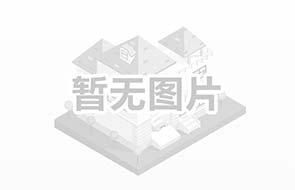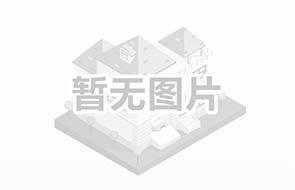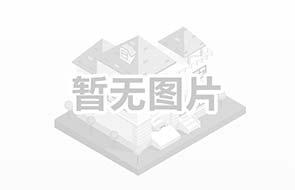投資與理財——防禦工事

理財的最終目的是提升我們的生活質量,而這是建立在我們的日常生活有保障的基礎之上,因此,我們首先要構築自己的防禦工事。
防禦工事 = 生活緊急備用金 + 保險
The ultimate goal of financial management is to improve our quality of life, and this is based on the guarantee of our daily lives。 Therefore, we must first build our own fortifications。
Fortifications = emergency life reserve + insurance

生活緊急備用金:顧名思義,生活緊急備用金就是在情況比較緊急的情況下才能使用的備用金。比如應對失業、生病等意外情況,一般要留夠小半年的開支。而之所以被稱為備用金,就是在平時不能使用,切不可把備用金拿來投資,以避免任何可能的虧損。
Life emergency reserve fund: As the name implies, life emergency reserve fund is a reserve fund that can only be used in an emergency situation。 For example, to deal with unexpected situations such as unemployment and illness, it is generally necessary to save enough expenses for half a year。 The reason why it is called the reserve fund is that it cannot be used in normal times。 The reserve fund must not be used for investment in order to avoid any possible losses。

保險:另一個讓自己的生活更有保障的行為就是買保險。保險有很多型別,並不是只有平時經常聽到的養老保險,保險共三類:保障型、儲蓄型和投機型。而我們在選擇保險時也並不是只有長期的保險,我們甚至可以只買一年期的保險,如意外險等,而為50歲以上的家庭成員最好都購買大病險。
Insurance: Another way to make your life more secure is to buy insurance。 There are many types of insurance, not just the old-age insurance that you usually hear about。 There are three types of insurance: protection, savings, and speculative。 And when we choose insurance, we don‘t only have long-term insurance。 We can even buy only one-year insurance, such as accident insurance。 It is best to buy critical illness insurance for family members over 50。

保險透過賠償被保險人的經濟損失,幫助個人或機構減少經濟危害,增強其風險管理意識,保證其在受到損害時及時的恢復和轉移風險,同時也有利於促進個人或家庭消費的均衡。
By compensating the economic losses of the insured, insurance helps individuals or organizations reduce economic harm, enhance their risk management awareness, and ensure that they can recover and transfer risks in a timely manner when they are damaged。 At the same time, it is also conducive to promoting the balance of personal or family consumption。
許多人對保險不感興趣,認為保險的收益太低,他們寧肯把資金投在相對風險較高的股票、債券等專案上。其實,真正懂投資的人都知道:不把雞蛋放在同一個籃子裡。他們常把資金分為四份,分別投資在股票、債券、房地產和保險上,而投機性越強,佔比應越低。
Many people are not interested in insurance and think that the return on insurance is too low。 They would rather invest their funds in relatively risky stocks, bonds and other projects。 In fact, everyone who really understands investment knows: Don’t put eggs in the same basket。 They often divide their funds into four parts and invest them in stocks, bonds, real estate, and insurance。 The more speculative, the lower the proportion should be。

當前面三項獲得高收益時,保險正好幫助他們節稅;當前面三項遭遇失敗時,保險卻能及時保障他們的生活經濟來源,或提供他們東山再起的資金。
When the first three items get high returns, insurance can help them save taxes; when the first three items fail, insurance can protect them in a timely manner, or provide them with funds for a comeback。
本文由learningyard新學苑原創,如有侵權請聯絡溝通~
素材來源於《投資與理財》——第3版 電子工業出版社
圖片來源於百度
翻譯來源於谷歌翻譯




